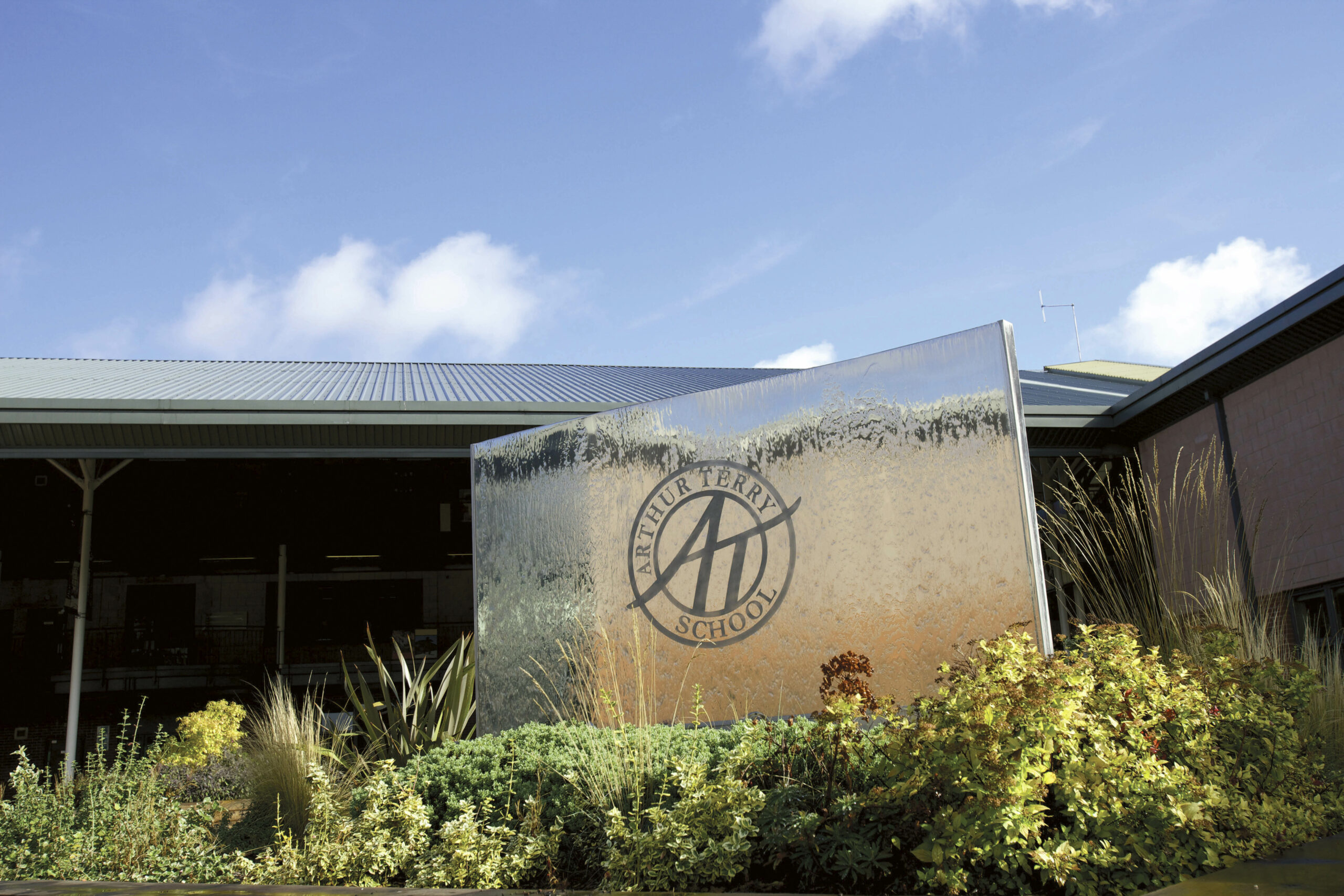Level 3 BTEC in Sport

Course Summary
The BTEC Sport course at Arthur Terry School allows students the opportunity to study some of the key theoretical concepts of Sport at post-16 level. Here at Arthur Terry we offer the BTEC National Extended Certificate in Sport, an Applied General qualification for post-16 learners who want to continue their education through applied learning and who aim to progress to higher education and ultimately to employment in the sport sector. The qualification is equivalent in size to one A Level and is delivered over a two-year period alongside other A Levels and BTEC qualifications. Students will receive a Distinction, Merit or Pass which carries an equivalence in UCAS points to traditional A Level subjects. The overall grade is based on the weighted scores a student achieves in each unit and it is possible to achieve a Distinction*.
Course Introduction
Course Outline
The BTEC National Extended Certificate in Sport consists of 4 units in total, three of which are classed as mandatory and an optional unit that we select for our students to complete the qualification. These 4 units combine to form the total qualification, which consists of 360 guided learning hours (GLH)
Unit 1: Anatomy and Physiology(1 1/2 hour exam)
Students explore how skeletal, muscular, cardiovascular and respiratory systems function and the fundamentals of the body’s energy systems. This unit is allocated 120 GLH.
Unit 2: Fitness Training and Programming for Health, Sport and Well-being(a case study based assessment. Learners will be provided with a case study two weeks before the assessment date in order to conduct research. They will then have 2 1/2 hours to complete the assessment task)Students explore client screening and lifestyle assessment, fitness training methods and fitness programming to support improvements in a client’s health and wellbeing. This unit is allocated 120 GLH.
Unit 3: Professional Development in theSports Industry.(The unit is assessed via assignment based work. In units assessed by assignments, your teacher creates an assignment brief for students to carry out set tasks and create evidence to work-related scenarios)Students explore the knowledge and skills required for different career pathways in the sports industry. Students will take part in, and reflect on, a personal skills audit, career action plan and practical interview assessment activities. This unit is allocated 60 GLH.
Unit 4: Sports Psychology(The unit is assessed via assignment based work. In units assessed by assignments, your programme team creates an assignment brief for students to carry out set tasks and create evidence to work-related scenarios)
The unit covers the psychological dimensions of sport, and introduces psychological techniques that can be used to enhance performance. This unit is allocated 60 GLH.
Careers and Higher EducationThe BTEC National Extended Certificate in Sport carries UCAS points and is recognised by higher education providers as contributing to meeting admission requirements for many courses if taken alongside other qualifications as part of a two-year programme of study. The subject supports learners who wish to study an aspect of sport in higher education and to pursue a career in the sports industry. Learners should always check entry requirements for degree programmes with specific higher education providers.
Subject Entry Requirements
In addition to the general Sixth Form Entry requirements students will need the following:
- GCSE English Literature or Language: Grade 4 or above
- GCSE Mathematics: Grade 4 or above
- GCSE PE (If studied) : Grade 5 or above in GCSE PE (This must include a Grade 5 in the theoretical Units)
- Level 2 BTEC Sport (If studied): Merit or above
- If no prior PE qualification at BTEC or GCSE students must have a Grade 5/5 in Science (Trilogy) or the equivalent if separate sciences are taken.
